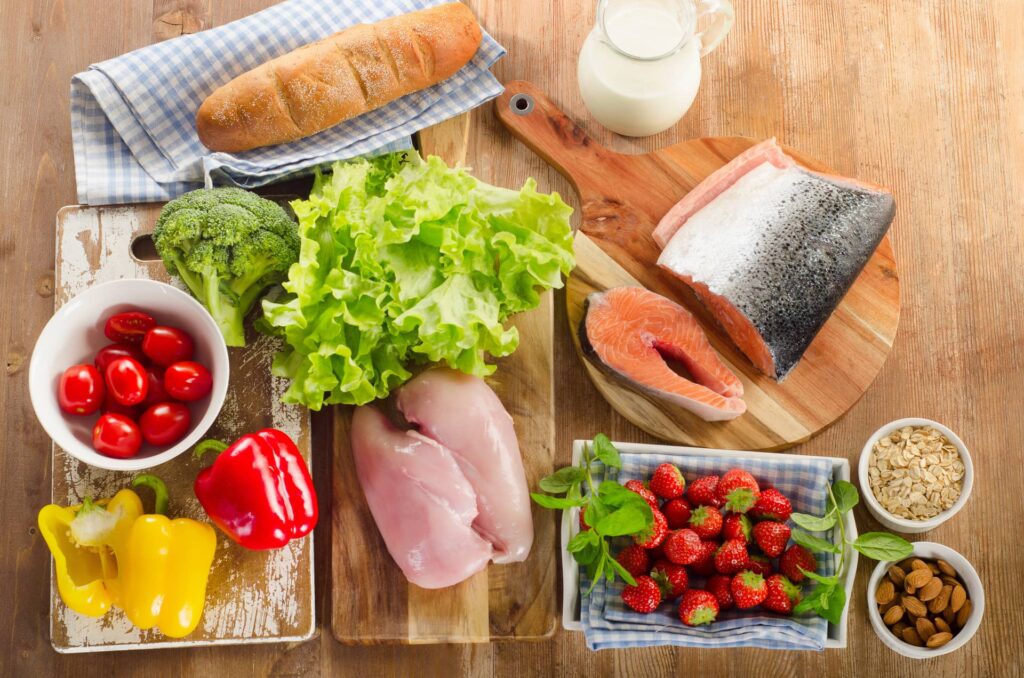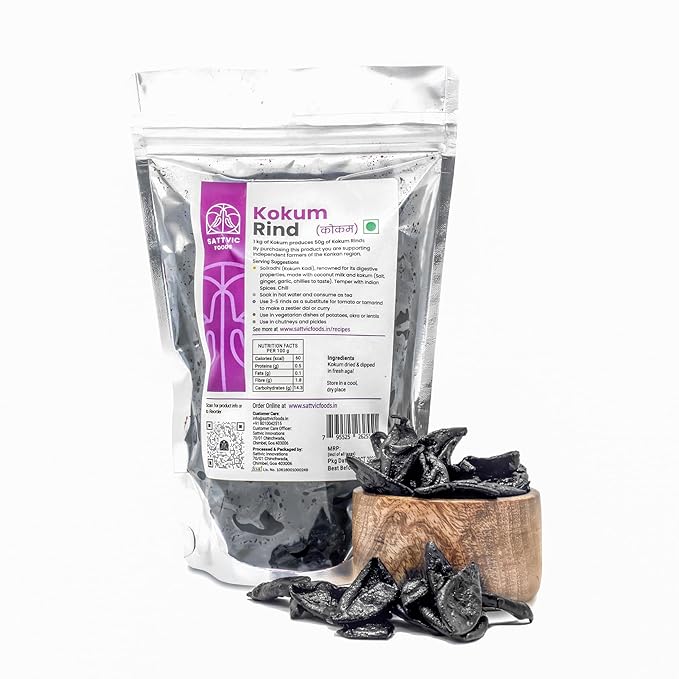Health is wealth (Small Changes, Big Impact)

Firstly, I wish everyone a happy Diwali. I hope you have a lot of joy throughout this festival. I hope your life takes you to new heights.
People begin preparing for their next stage of life in their 30s. An journey of a different kind. (What foods are good for your 30s?)
Everything changes, including the surroundings and decisions. Marriage, a new star in the family, new problems, and new paths. Most people start their families at this age.
A fresh start for life. For both boys and girls, it’s not always easy. Both have obligations to their families and to their future.
Maintaining the same level is difficult. There will still be ups and downs. The goal is to continue to enjoy life while working and juggling. The true spirit is that. How do you feel about entering your 30s?
Balancing the work in 30’s
As your personal and professional responsibilities increase, juggling work and life in your 30s can be difficult.
The following practical strategies can assist in preserving equilibrium throughout this hectic phase of life:
Establish Clear Priorities: Pay attention to the things that are most important, such as your health, relationships, or professional development. Make sure your everyday activities are in line with your main priorities.
Practice Time Management: Arrange assignments and due dates using calendars and planners. Create habits that will help you remain on course and break down large goals into smaller, more doable tasks.
Define Boundaries: Clearly define the boundaries between your personal and professional lives. To maintain a healthy work-life balance, establish your daily start and end times and let your coworkers know.
Make Health and Wellness a Priority: It’s critical to maintain an active lifestyle, eat healthily, and get adequate sleep. Prioritize self-care activities that keep you feeling invigorated because resilience and productivity are impacted by both physical and mental health.
Create a Support System: Seek out mentors, relatives, or friends who can provide direction, inspiration, and assistance. This keeps relationships going outside of work and reduces stress.
What foods are good for your 30s?
Learn to Delegate: At work or at home, don’t be afraid to assign duties to others. This lessens burnout and frees up time for higher-priority pursuits.
Spend as little time as possible on social media because it can be distracting and cause needless worry. To keep your attention on what really matters, set boundaries or take regular pauses.
Invest in your own development by devoting time to pursuits that enhance your life away from work, such as hobbies, side projects, or more education.
Finding little ways to periodically recharge and establishing routines that support your goals are key components of juggling work in your 30s. Setting limits and concentrating on self-care will help you make the most of this fruitful and life-changing decade.
What should you be eating in your 30s?

Even if your 30s could seem like the end of your early adulthood, embrace it and make the most of this period of your life.
Now is the moment to keep feeding your body even though it isn’t developing anymore so that it can flourish in the years to come and you can feel as good as you did at fifty and beyond.
According to specialists and the most recent studies, these are the most significant dietary adjustments you should make after turning thirty.
What foods are good for your 30s?
Fiber
Fiber does more than just help you stay hydrated. Increased fiber consumption lowers the risk of colon cancer, Type 2 diabetes, stroke, and cardiovascular disease.
Additionally, the study found that the risk of developing chronic diseases decreased by 5% to 27% for every 8 grams of fiber consumed. The highest level of protection was shown in those who consumed 25–29 grams of fiber daily.
According to the 2020–2025 Dietary Guidelines, men and women between the ages of 31 and 50 should consume 31 and 25 grams of fiber daily, respectively.
You can avoid cravings for carbohydrates later in the day and feel fuller for longer if you consume adequate fiber each day.
Add more omega 3
Make an effort to increase your intake of omega-3 fatty acids. Your 30s are the ideal time to consider establishing healthy habits that will help you age properly, even though it may seem early.
Longer-term health benefits including a lower risk of cardiovascular disease and enhanced brain health as you age are also associated with omega-3 fatty acids, as are short-term benefits like improved mood, increased cognitive function, and decreased inflammation.
Additionally, omega-3 fatty acids are crucial for a baby’s brain development if you intend to have children. Fatty fish like salmon or sardines are the best source, but you can also get them from plants like hemp, chia, and walnut seeds.
To obtain omega-3s, prioritize your diet before turning to supplements. Once a week, eat salmon for dinner. Add chia or flax seeds to smoothies, yogurt, or cereal, and eat walnuts as a snack.

Sattvic Foods Kokum Rinds (250 g) from Farmers of Sindhudurg, Kokum is Rich in Vitamin C & Good for Digestion – Use in Curries, Juices, Syrups
₹150
Inclusive of all taxes
Give up fad diets
Now is the best moment to quit dieting if you did so during your twenties. For a more fulfilling existence, substitute food fads and fad diets
What foods are good for your 30s?
It may sound corny, but listen to us. Fad diets cause people to lose weight quickly, only to gain it back and then some. In the scientific community, this is referred to as “weight cycling” or yo-yo dieting.
Up to 95% of people who diet to lose weight end up gaining back the weight they lost, and up to two-thirds end up gaining more weight than they started each time, according to research. Weight cycling and yo-yo dieting can also cause a slowed metabolism.
Choose a healthy eating pattern that suits you, then follow it. Make adjustments to your diet every day, not only on the weekends. Not simply at the approaching reunion of your class.
For wellness that lasts long after your 30th birthday, not only for the wedding, a milestone birthday, or when it’s convenient, but all year long.
Reduce alcohol consumption
Although it’s enjoyable to relax and enjoy a drink with others, this habit becomes engrained during our college years and may have long-term health effects.
Lowering alcohol intake may be the solution for you if you’re getting close to your third decade and want better sleep, greater energy, and a simple way to lose weight.
According to the 2020–2025 Dietary Guidelines, women should not have more than one drink day and men should not have more than two. Twelve ounces of beer, five ounces of wine, or one and a half ounces of liquor make up one drink.
Drinking alcohol can raise your risk of high blood pressure, heart disease, stroke, liver disease, and cancer in addition to providing “empty” calories, or calories without any healthy nutrients.
What foods are good for your 30s?
Eat more calcium
Our early years are when bone density is generated, and by the time we are 25 or 30 years old, new bone formation is over. In order to prevent bone loss, you should concentrate on maintaining bone density during your 30s, and the easiest method to do this is to consume adequate calcium.
“Because we start to lose bone mass in our 30s, it is so important to be consuming high-calcium foods such as yogurt, cheese, broccoli, spinach, kale and almonds,”.
According to the 2020-2025 Dietary Guidelines, the recommendation for calcium from ages 31-50 is 1,000 milligrams per day.
It’s important to note that after the age of 50, bone density tends to decrease substantially, according to the National Institute on Aging. In addition to getting enough calcium and vitamin D, strength training can also help preserve bone density as you age.
Start the day with breakfast
The majority of people benefit from eating a nutritious breakfast first thing in the morning, even though some promote the advantages of intermittent fasting.
Whether it’s because they don’t make the time, aren’t used to eating in the morning—like old habits from missing breakfast hours in college—or think it’s better to save the calories for later, skipping breakfast is one of the most common things I see.
However, skipping breakfast frequently prepares you for later-day overeating and sugar cravings. Make protein, fiber-rich carbohydrates, and healthy fats your top priorities for breakfast in order to maintain blood sugar stability until noon and provide you with the energy you need for the day.
Additionally, eating breakfast will improve your chances of obtaining all the nutrients you require.
What foods are good for your 30s?
Additionally, studies show that those who skip breakfast consume much more calories, carbohydrates, total fat, saturated fat, and added sugars throughout the day than people who have breakfast.
Use plants to strengthen your body
It’s time to make vegetables the main course if they were more of a side dish when you were growing up. Your dish should be mostly composed of non-starchy veggies, with whole grains and protein on the side.
“I can’t stress enough the importance of focusing on eating more plant foods—fruits, vegetables, whole grains, nuts, seeds, beans, oils—and less animal products—meat and dairy,” . “A plant-based diet is rich in vitamins, minerals, antioxidants and fiber, all of which will help decrease your risk of obesity, diabetes, heart disease, inflammation and cancer.“
Increasing consumption of cruciferous vegetables, such as kale, broccoli, cauliflower, cabbage, turnip, collard greens, and Brussels sprouts.
Low in calories (about 25 per serving), they are high in fiber, folate, and vitamins C, E, and K.
Eat for your hormones
“Eat for your hormones!”. One of progesterone’s most amazing effects is that it calms your nervous system, which makes it easier to handle stress. Progesterone starts to decline as early as your early 30s.
Therefore, choose nutrient-dense, mood-enhancing foods that are abundant in vitamin B6 and omega-3 fatty acids. They are present in walnuts, flax, salmon, and whole eggs.
Include foods strong in magnesium, such as dark leafy greens, pumpkin seeds, black beans, and lentils, as they also improve mood and increase progesterone.
What foods are good for your 30s?
Workout more wisely, not harder
Finally, but just as crucial as changing one’s diet, concentrate on exercising more intelligently rather than more forcefully.
According to a 2021 review published in Ageing Research Reviews, scientists believe that muscle mass tends to decrease with age, even though they disagree on the precise percentage and causes.
Therefore, even though your metabolism doesn’t “break,” it does slow down on account of muscle loss.
This is because muscle burns calories even when you spend your entire day sitting at a desk because it is metabolically active. You burn less calories at rest if you have less muscle.
To gain muscle, incorporate strength training into your regimen two to four times a week.
And put aside your worries that gaining muscle will make you bulky. Rather, you will increase your metabolism, burn fat, and become thin.
Your 30s is the ideal age to begin strength training if you have been attempting to lose weight but have not been successful. Strength training aids in weight loss and weight maintenance.
Establish a fitness regimen that you enjoy. “Exercise offers so many benefits—from stress relief and mental health to cardiovascular benefits and feeling strong and confident in your body—independent of your body size.”
Additionally, those who exercise live longer and are less likely to develop chronic illnesses like cancer, diabetes, and heart disease.(What foods are good for your 30s?) Try a variety of exercises if you haven’t discovered one you enjoy, such as dance, walking, or studio lessons.
Although it’s never too late to begin exercising, it can be more difficult to get started the longer you put off starting.
Lastly, remember to consume adequate protein to promote muscle growth. The 2020–2025 Dietary Guidelines recommend 0.8–1 g of protein per kilogram of body weight per day for those aged 19–70, however you may require more depending on your objectives.
Main Thing
Growing older is unavoidable. However, by establishing healthy behaviors early on, you can slow down the rate at which you age.
You can make sure you’re getting the nutrients you need by eating a diversified diet that includes lots of fruits, vegetables, whole grains, nuts, seeds, dairy (if you consume it), seafood, and other protein sources like eggs.
You’ll be well on your way to aging healthily if you restrict processed meats and alcohol, stay away from fad diets, have a balanced breakfast, and exercise frequently. Additionally, it’s never too late to begin, regardless of age.
What foods are good for your 30s?
Is it too late to start eating healthy at 30?

At thirty, it’s definitely not too late to begin eating healthily! Regardless matter when you start, eating a healthy diet can improve your energy, metabolism, immune system, and even mental clarity.
The 30s are actually the ideal age to establish enduring behaviors that support improved health and lower the chance of developing conditions like osteoporosis, diabetes and heart disease in the future.